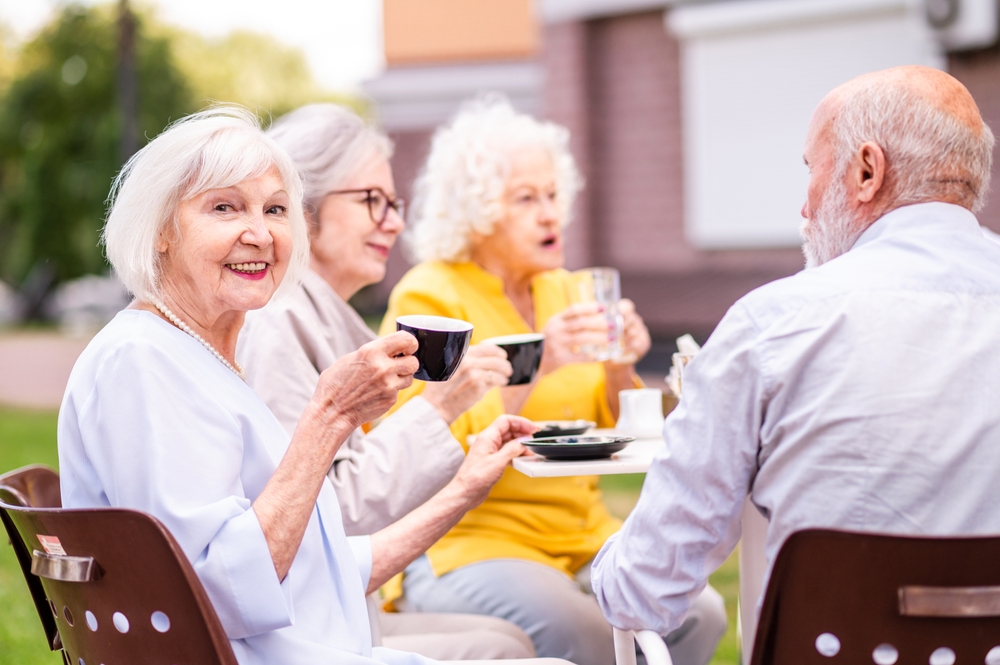Socialization plays a vital role in the well-being of elderly individuals, profoundly influencing their physical, mental, and emotional health. As we age, the opportunities for social interaction can diminish due to various factors like retirement, the loss of loved ones, or mobility issues. However, maintaining social connections is crucial for the overall quality of life in the later years.
Socialization for seniors involves more than just occasional interactions. It’s about meaningful engagement with family, friends, community members, and peers. These interactions provide a sense of belonging and purpose, contributing significantly to emotional health. Regular social activities help combat feelings of loneliness and isolation, which are common in older adults and are linked to various health issues such as depression and cognitive decline.
Engaging in social activities can also have cognitive benefits. Interactions with others stimulate the brain, potentially slowing down the onset of memory-related conditions like dementia and Alzheimer’s disease. Conversations, social games, group activities, and even simple exchanges can serve as mental exercises, keeping the brain active and engaged.
Physical health is also positively impacted by socialization. Socially active seniors tend to be more physically active, participating in group exercises, walks, and outings. This increased physical activity can help manage conditions like arthritis, heart disease, and diabetes, and can contribute to longer life expectancy.

Social interactions often encourage better health behaviors. Seniors who are socially engaged are more likely to maintain regular medical check-ups and follow health recommendations. They are also more likely to eat regularly and healthily, especially if they are sharing meals with others.
Participation in group activities, whether it’s through community centers, clubs, or religious organizations, provides seniors with a sense of community and belonging. These activities can range from group exercise classes to book clubs, art workshops, or volunteering. They provide a structure for regular socialization, offer opportunities to meet new people, and engage in new experiences.
Technology also plays a significant role in maintaining social connections, especially for those who may be housebound or living far from family. Video calls, social media, and online community forums can help seniors stay connected with loved ones and engage with wider communities.
The emotional support garnered from socialization is invaluable. Sharing experiences, concerns, and joys with others can lead to emotional resilience and a positive outlook on life. It provides a platform for empathy, shared laughter, and companionship, which are essential for emotional well-being.
However, it’s important to recognize the barriers to socialization that many seniors face and work towards overcoming them. This might involve providing transportation to social events, organizing home visits, or facilitating access to technology for virtual interactions.

In conclusion, the impact of socialization on elderly well-being is profound and multifaceted. Social interactions enrich the lives of seniors by providing mental stimulation, emotional support, and physical health benefits. By fostering opportunities for meaningful socialization, we can significantly enhance the quality of life and well-being of older adults, helping them to lead fuller, more satisfying lives.

